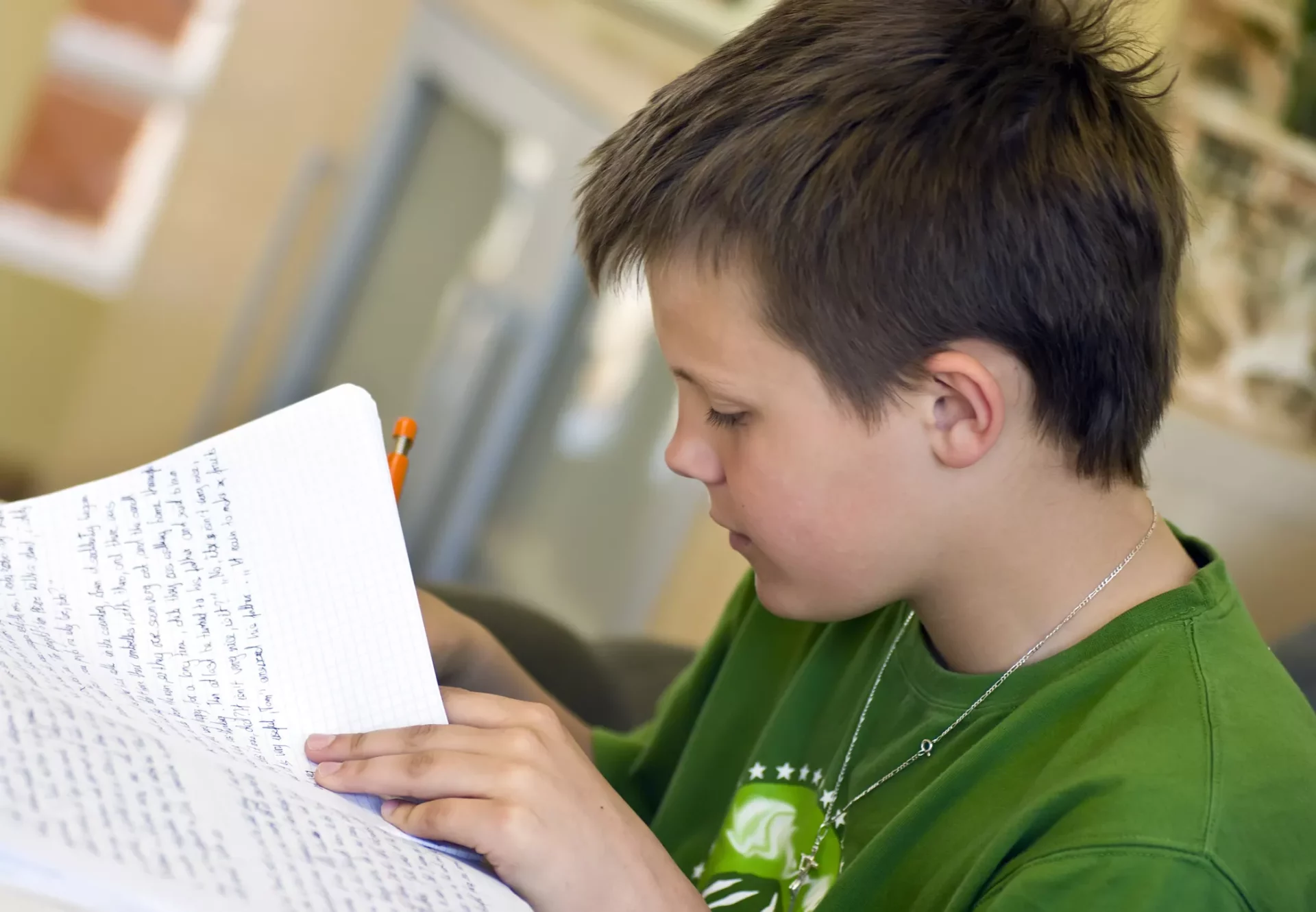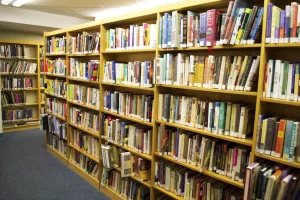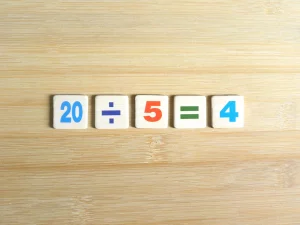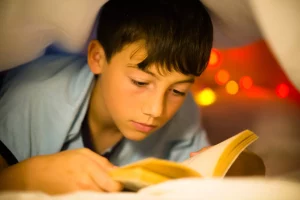As children in Guernsey head to one of the island’s high schools (St Sampson’s, La Mare de Carteret, Les Beaucamps or The Grammar School) the English curriculum continues to build on skills developed at primary level. You will notice a slow increase in the depth and detail of the analytical writing used to evidence and demonstrate skills in both reading and writing tasks, and a decrease in the focus on creative writing.
Here at Tutoring Heroes in Guernsey, we often find this shift towards more analytical writing, the structuring of balanced arguments and developing essay structure and style are key skills which children studying English at Key Stage 3, and beyond to GCSE, benefit from additional one-to-one English tutoring.
Text types
There are a wide range of text types taught at Key Stage 3, and as long as they cover all the genres outlined in the Guernsey English curriculum, and include the work of significant authors for the genre, schools are at liberty to choose their own texts and design schemes of work around these, taking into account the texts which are usually taught at GCSE and A-level as well. Typically, over the course of 3 years, children will engage with:
A range of texts (fiction, non-fiction, poetry) – whole books, extracts and a variety of media including: plays, magazines, comics, films, extracts, trailers, youtube clips, pictures, printed adverts, TV adverts, radio broadcasts, websites, labelling and packaging, book covers and maps.
Examples of texts studied at KS3 level include:
Shakespeare: A Midsummer Night’s Dream, Julius Caesar, Hamlet.
Beowulf, A Christmas Carol, War Poetry, detective stories, dystopian novels, early and ancient texts.
Let’s look at the skills which teachers and English tutors in Guernsey focus on with students in Year 7, 8 and 9. The curriculum is split into 3 key areas – reading, writing and speaking & listening.
Reading
The curriculum states some general goals, to ensure that all children have access to enjoyable and real world reading experiences. This includes meeting authors and poets, having access to the widest possible range of texts and being encouraged to make personal choices, develop reading stamina, learn and use robust research methods and have opportunities to read aloud and develop confidence in reading with fluency, intonation and expression. Giving children the opportunity to read aloud in a non-judgemental and relaxed environment is something that our English tutors in Guernsey place great value on.
- Read a range of texts of increasing complexity with fluency, accuracy and understanding.
- Retrieve specific information from texts.
- Retrieve, collate and summarise information from a range of sources.
- Provide synopses and make connections between texts.
- Interpret, infer and deduce meaning from a range of texts and formulate a critical and evaluative response. This is an area in which our Guernsey English tutors often help students make great progress in.
- Recognise how bias, fact and opinion may be used to influence readers and use this knowledge to question the reliability of texts.
- Recognise authors’ perspectives and viewpoints with clear reference to and understanding of the authors’ social, historical and cultural influences.
- Explain, comment upon and evaluate the effectiveness and impact of writers’ choices of language devices and techniques.
Writing
Lots of children don’t enjoy writing, often for the simple reason that it requires a huge amount of effort and focus. Put simply, it’s hard! That is why many families in Guernsey seek an English tutor; to help make this highly complex and demanding process easier, and hopefully enjoyable too! The Guernsey English curriculum states that children should be encouraged to write in a range of genres, with the aim of being able to communicate ideas fluently and consistently, whilst developing their stamina, planning and organisational skills, and personal style. A tall order indeed!
- Consistently use the full range of punctuation creatively and for specific effect, appropriate to purpose.
- Utilise purposeful language devices and techniques effectively to engage and impact a range of audiences within formal and informal contexts.
- Accurately spell an increasing range of technical and creative vocabulary.
- Use a variety of sentence lengths and structures with control in order to shape writing according to audience and purpose.
- Paragraph appropriately and for effect.
- Proofread and edit own and others’ writing independently.
- Maintain fluency and stamina in handwriting.
Children will be taught the features, structure and genre specific styles of a huge range of different text types, including:
Narrative Genres – including: adventure, fantasy, horror, mystery, science fiction, family drama, sport, animal, historical/contemporary, classic, myths, legends, fables, fairy tales and traditional tales
Poetry – Free verse, visual (concrete and shape), structured
Non-Fiction – Instructions, explanations, newspaper / journalistic writing, biography / autobiography, non-chronological reports, recounts, persuasive writing, balanced arguments
Speaking and Listening
Speaking and listening forms a vital part of every child’s school experience, and whilst these skills are used every day, the specifics are taught as part of the English curriculum in Guernsey. Although Speaking and Listening is not a separate GCSE subject grade, children are assessed. Some exam boards assess these skills separately as a non-reported grade but other exam boards see this subject area as an integral part of the overall assessment of GCSE English or English Language. The skills learned in this area are some of the most transferable to the world of work, and give children the ability to express themselves clearly using appropriate protocol and etiquette in a range of contexts and learn to speak publicly with confidence.
- Analyse, evaluate and refine ideas clearly and effectively using a wide range of appropriate techniques discerningly.
- Refine, analyse and build upon the ideas and opinions of others.
- Initiate and support collaboration in discussion.
- Refine language choices to effectively engage a range of audiences within formal and informal contexts.
- Analyse variation in language use; including idiolect, sociolect, jargon and standard English. Our English tutors in Guernsey are adept at using and modeling variations in language, as well as using standard English in tutoring sessions.
- Demonstrate assured and fluent use of standard English when appropriate.
So, what’s the conclusion?
By the time your child reaches the end of Year 9, they should be fully prepared to embark on GCSE study, and to use their English skills across the full curriculum. It is an essential foundation for further study in English and is an important part of a well-rounded education. If your child is finding any aspect of the KS3 English curriculum challenging, please get in touch with our Guernsey English tutors here at Tutoring Heroes and we can find the best way to engage and support your child in developing these life long skills.





